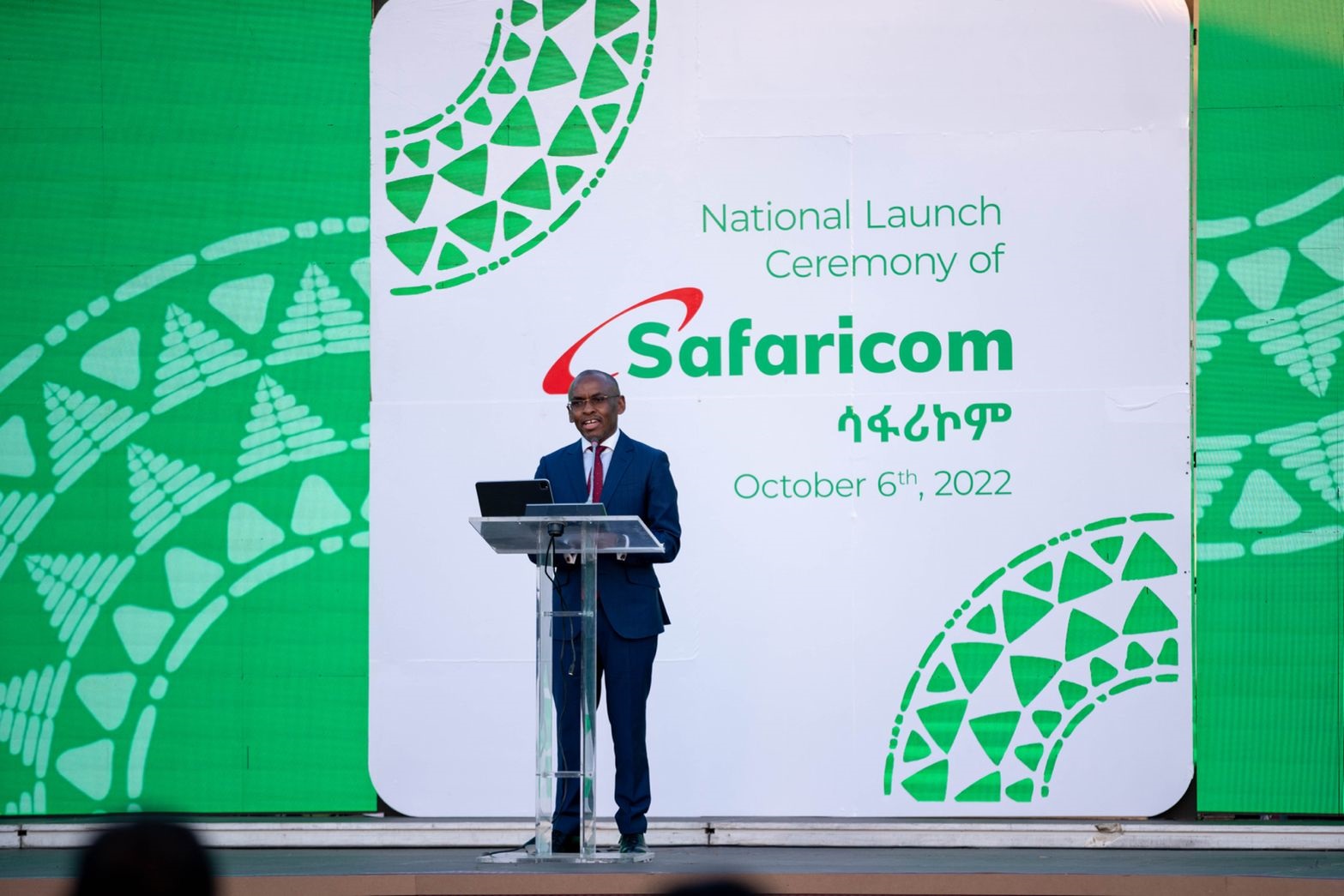M-Pesa’s legitimacy is being challenged in court. The lawsuit strikes at the heart of Safaricom’s mobile money service. But some of the issues raised are not new; they have been publicly debated since M-Pesa’s launch 14 years ago. If the petitioners have their way it could upend the entire business model of Africa’s largest mobile money operator and the poster child for mobile financial services on the continent.
Last week, three Kenyan users of M-Pesa filed a 150-page lawsuit against Safaricom, former and current board members, Kenya’s central bank, attorney general, PricewaterhouseCoopers and Ernst & Young—21 respondents in all. The case is the latest in a series of suits against East Africa’s largest telecom provider.
The suit alleges among other complaints that Safaricom through M-Pesa’s digital loan product, Fuliza illegally offers loans using money that belongs to non-borrowing M-PESA users thus engaging in financial business without being a licensed bank or financial institution. The explosive lawsuit also accused Safaricom and Vodafone Group of money laundering and fraud, while citing PwC — Safaricom’s auditors — several law firms and the Kenyan government for indolence and incompetence.
At the heart of this lawsuit is two-fold. One aspect concerns Kenya’s Trustees Act (also known as the Trustees (Perpetual Succession) Act.). According to the petitioners, M-Pesa Holdings’ complex legal structure from the onset allows it to “hide the identity of the real persons who would ultimately benefit from” deposited funds and the income gained from investments made.
The second part of the petition reopens a years-long debate about Safaricom’s M-Pesa legal structure and consequent regulatory jurisdiction. The much-debated separation of M-Pesa from Safaricom, critics (including the Central Bank of Kenya and former Safaricom chairman and CEO, Michael Joseph) have pointed out, would allow the mobile money service to be regulated under the Central Bank of Kenya as a bank of licensed financial institution. The petitioners contend that Kenya’s central bank failed to discharge its duties by not demanding and enforcing this separation. They also allege that state collusion through the central bank, disadvantaged “Zain and other mobile telephone service providers, in conjunction with other willing commercial banks” at the time in favour of Safaricom and M-Pesa.
A break up long coming
Separating M-Pesa from Safaricom is one of the contentious issues that has dogged the telco, which dominates Kenya’s mobile financial space. Splitting the service from the telco was one of the promises of current president William Ruto while on the campaign trail.
“Effective immediately after forming the government, the administration will seek the break-up of Safaricom Limited into two distinct and separate business entities with a mobile telecommunications institution under the direct jurisdiction of the Communication Authority and the financial institution firmly under the jurisdiction of the Central Bank of Kenya” Ruto’s campaign manifesto read.
Safaricom has survived at least five attempts by Kenyan lawmakers in the form of inquiries and proposed legislation that sought to break up the telco.
A proposed bill that would have mandated a split between M-Pesa and Safaricom has floundered after it was raised for debate in October last year at a parliamentary session. Nevertheless, Ruto’s attorney general is also listed as a respondent in the lawsuit, representing the Kenyan government.
On their part, Safaricom is yet to file a response to this latest lawsuit.
The petitioners are asking the court to declare Fuliza overdraft service “an illegal and unlawful service because it did not have a proper and effective regulatory framework” and accusations that the loan product was the result of misappropriation of M-Pesa user funds, alongside a long list of more than 50 reliefs sought by the petitioners.
Gichuki Waigwa, Lucy Nzola, and Godfrey Okutoyi—the petitioners—are now seeking 305 billion Kenyan shillings (roughly $2.3 billion) as damages, on behalf of all M-Pesa account holders.
This case comes on the heels of a class action lawsuit blaming Safaricom for failing to prevent SIM card swap fraud. The telco also has a pending class suit challenging it for requiring bank and credit card information to re-register SIM cards. Safaricom says re-registering SIM cards will help it fight mobile fraud, but critics contend that it does not justify demanding personal financial information.
Revenue from M-Pesa—globally hailed as a model mobile financial service—constituted 38% of the telco group’s revenue and almost 50% of profits in the company’s last business year ended March 31, 2022, raking in 50 billion Kenyan shillings (US$423 million) before tax.




















